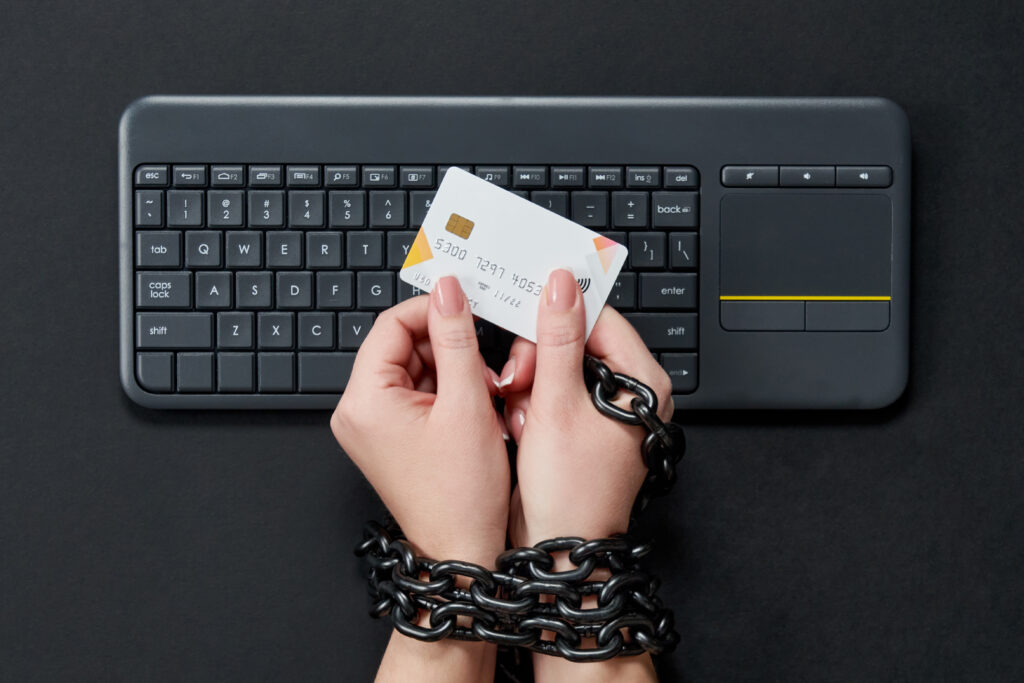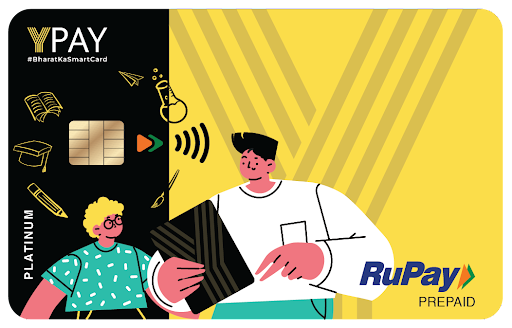
Undeniably, presently, the internet has evolved into an indispensable aspect for the majority of the world’s population. Nevertheless, besides offering a comprehensive array of merits, it goes without saying that the internet has turned into a breeding house of risks such as online frauds. Differing from phishing scams to data breaches, any type of online fraud can be catastrophic for individuals and businesses alike, causing financial losses by exploiting personal information. It’s paramount to embrace preventive measures to avert potential threats to defend yourself in today’s digital terrain. Below is a list of crucial steps that can reinforce your defenses against online fraud.
Lately, one of the prestigious banks in India has issued a cautionary notice regarding fraudulent IVR calls employed by scammers to dupe and receive confidential data from potential customers. Let’s discuss a few instances where cybercriminals have duped customers by sending them pre-recorded messages, prompting them to reveal confidential data or access accounts by pressing specified numbers.
IVR call is an abbreviated form of Interactive voice response. Such calls are pre-recorded messages that are employed to engage with callers by requesting them to offer and access information by pressing numbers.
The ultimate goal of an IVR call is to receive sensitive data that can be employed for identity theft, financial fraud, or other detrimental purposes. After gathering your data, scammers use it to access bank accounts, make unapproved purchases, or commit other felonies.
How to Identify Online Frauds?
Customer service frauds are prevalent in several forms, but some common ones are written below:
Urgency or threats: Fraudulent IVR calls usually give rise to a sense of urgency or apprehension to compel victims into complying with their demands. They may threaten to take legal action, suspend accounts, or impose financial penalties if the victims deny providing the requested data immediately.
Phishing Scams: Many times, it is observed that scammers often utilize deceitful methods to emulate legitimate customer service executives. They use this technique while connecting with individuals through email, phone calls, or social media. Their ultimate aim is to mislead unsuspecting individuals into revealing sensitive personal or financial information. As a result, ensure to stay attentive and careful when dealing with customer service requests to protect your data.
Social Engineering: Fraudsters use several social engineering techniques to trick customer service agents into acquiring access to accounts or confidential data.
Tech Support Frauds: Generally, people receive unexpected calls or messages falsely claiming to be from tech support, cautioning them about supposed computer viruses or problems. These hoaxers typically urge to get remote access to the target’s computer or request payment for unneeded services.
Subscription Scams: This scam includes customers unintentionally sign up for free trials or subscriptions, and are then billed on a regular basis without their authorization. When they try to cancel their subscriptions, customer service reps fail to offer any assistance or become unreachable.
Fake Refunds or Rebates: Fake customer service representatives contact individuals, telling customers that they’re eligible to get a refund or reimbursement, but for that, the person who is receiving a call needs to provide personal or financial data.
Impersonation: Oftentimes, it is one of the common methods that incorporate imitation of customer service representatives from banks, utilities, government agencies, or other service providers to solicit confidential data such as account numbers or passwords.
To safeguard yourself against aforementioned scams, it’s critical to verify the legitimacy of customer service contacts, never provide personal or financial information unless certain of the recipient’s authenticity, and be cautious of unsolicited communications requesting sensitive information or payments.

Safety Tips to Follow To Kick Away Online Frauds Miles Away
- Let’s pay heed to some safety tips that potential customers need to follow to enhance their safety against numerous types of fraud.
- Make sure to ascertain the legitimacy of the caller by connecting with your bank directly.
- Be attentive when you receive unsolicited calls particularly if a caller makes unnecessary demands such as requests you to share OTP, bank account number, etc., or exhibits suspicious behavior.
- It is never recommended to share OTP, bank account number, or PIN over a call, irrespective of the caller’s identity.
- Besides the aforementioned tips, users also need to report fraud immediately to the National Cyber Crime Portal or call the helpline on 1930 or call the bank’s customer care helpline on 18001080.

How does the YPay card help you to safeguard your finances from online frauds?
Moreover, a user can also use the YPay card as it is a prepaid smart card solution. It acts as a much safer solution to complete both online and offline transactions as it doesn’t involve any bank account. One can get this numberless card even if he/she doesn’t have a bank account. So, bid goodbye to financial stress right away by choosing YPay- #BharatKaSmartCard.







